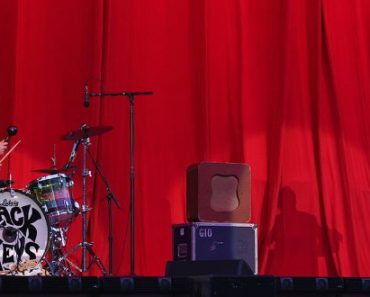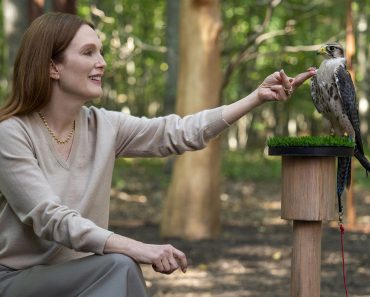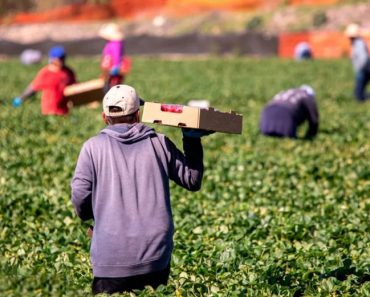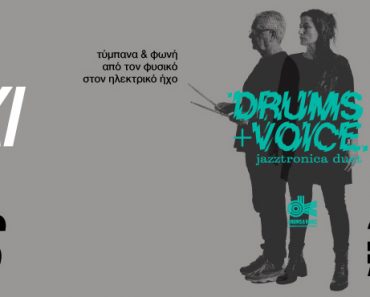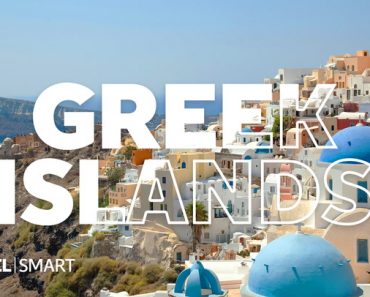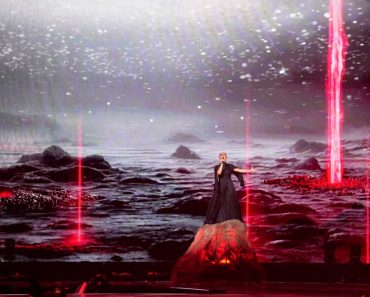Darwin will turn up the heat even more this weekend with the return of the annual Darwin GleNTi.
GleNTi kicked off on June 3 with sport and film events and culminates this King’s Birthday weekend—June 7–8—with music, food, and fevered Greek dancing on the Esplanade.
“We paint the city blue” a Hellenic Darwin
Michael Koulianos, President of the Greek Orthodox Community of North Australia (GOCNA), spoke to Neos Kosmos while rushing to complete final preparations for the festival, which expects over 40,000 attendees on the Esplanade.

Not a small feat—made possible by “more than 200 volunteers,” Koulianos said.
“The Glenti is probably the only Greek festival run totally by volunteers in Australia.”
“It’s the third biggest event in Darwin’s calendar—it’s massive, given there are 18,000 Greeks, and it is run and operated by volunteers…”
“We paint the city in blue,” he adds.

Darwin—one of the world’s most unique cities—is shaped by its ancient Larrakia First Nations’ heritage, a year-round balmy tropical climate, and its proximity to Southeast Asia. It’s a multicultural hub, home to over 60 ethnic communities and often dubbed Australia’s gateway to the Pacific and Asia.
With temperatures ranging from 25 to 33 degrees Celsius throughout the year, Darwin’s tropical weather can feel like an endless Kalymnian summer. That’s fitting, considering that of the 14,000 Greek Australians living in Darwin, 8,000 are of Kalymnian origin.

From Greece to the top end
While Darwin’s Greek community dates to the 19th century, it boomed in the 1950s, when Kalymnian sponge divers were brought in to replace banned Japanese crews and help revive the pearl shell industry. These divers commanded pearl luggers—shallow-water vessels used off Broome, Darwin, and Thursday Island to harvest pearl shells.
Greek lugger operators captained crews into often treacherous northern waters. When plastic sank the natural pearl trade, many Greeks transitioned into development and construction—transforming Darwin’s skyline and economy. Nicholas Paspaley, for example, pioneered cultured pearls in 1963, establishing what is now a global luxury brand.
Darwin’s Greeks, like all Darwinians, are unique. Unlike their counterparts in Australia’s Hellenic capital, Melbourne, they don’t contend with grey, wet, London-like winters. “They are on a perpetual holiday—even when working hard,” said one local.

Much more than a festival
The festival pulls in tens of thousands of people from all backgrounds.
“There are 14,000 Greeks here, and most of them are working in the festival or managing stalls—it’s clearly a Darwin-wide festival,” said Koulianos.
“Glenti is not just a festival. It is a celebration of Hellenic heritage, of family, and of the Northern Territory community.”

What began as a fundraiser for a Greek school some 30 years ago—behind a church—is now bursting at the seams, having grown into a major event that colonises Darwin’s Esplanade.
“The festival is held in one of Darwin’s most beautiful and sought-after precincts, the Esplanade—we are privileged to be able to hold it there,” said Koulianos.

This year’s Glenti kicked off with the GleNTti Cup, a match between Darwin’s two major Hellenic soccer clubs—Hellenic Athletic and Darwin Olympic.
GOCNA, the festival’s auspicing body, is the umbrella organisation under which all other Greek groups in the region sit.
“We invite all Greek not-for-profit organisations to take part. There are about eight stalls, each from a separate community,” said Koulianos.
He reels off examples, the Hellas veterans’ soccer club, Cypriot community groups, youth and adult dance troupes, and more.
“We have a Glenti All-Star band too, bringing together musicians from Melbourne, Sydney, and Adelaide for the weekend,” he adds.
Beyond food and fun, the event has a social and cultural purpose. GOCNA raises funds for broader causes, such as supporting St John’s volunteers this year.
The community also fosters strong ties with Darwin’s traditional custodians.

“We approached the Larrakia Nation Police Department to set up a stall, as a way of raising awareness of Indigenous people and issues,” said Koulianos.
“We all come together—family, friends, Greek and non-Greek community,” he said.
“It’s an infusion of Greek culture, and it’s not just us. It’s the wider community that takes part and really owns it.”
Koulianos, who was born in Australia, moved to Greece at age six. He returned to visit his grandparents—and never left.
“Thirty years later, I’m still here,” he laughs.

Darwin is the Lotus Island in many an Odyssean journey. Its tropical, laid-back lifestyle, natural wonders, ancient Indigenous culture, booming economy, and mild hedonistic cosmopolitanism offer a bulwark against the post-industrial angst of urban life.
In a way, the city melds the spirit of the Greek islands with Australian ruggedness—where even pristine beaches are watched over by saltwater crocodiles, mercifully keeping it safe from human beachgoers.
But no need to worry—Darwin’s Esplanade and Waterfront Precinct fuse tropical leisure with cosmopolitan flair. And Glenti just makes it all that much better.


